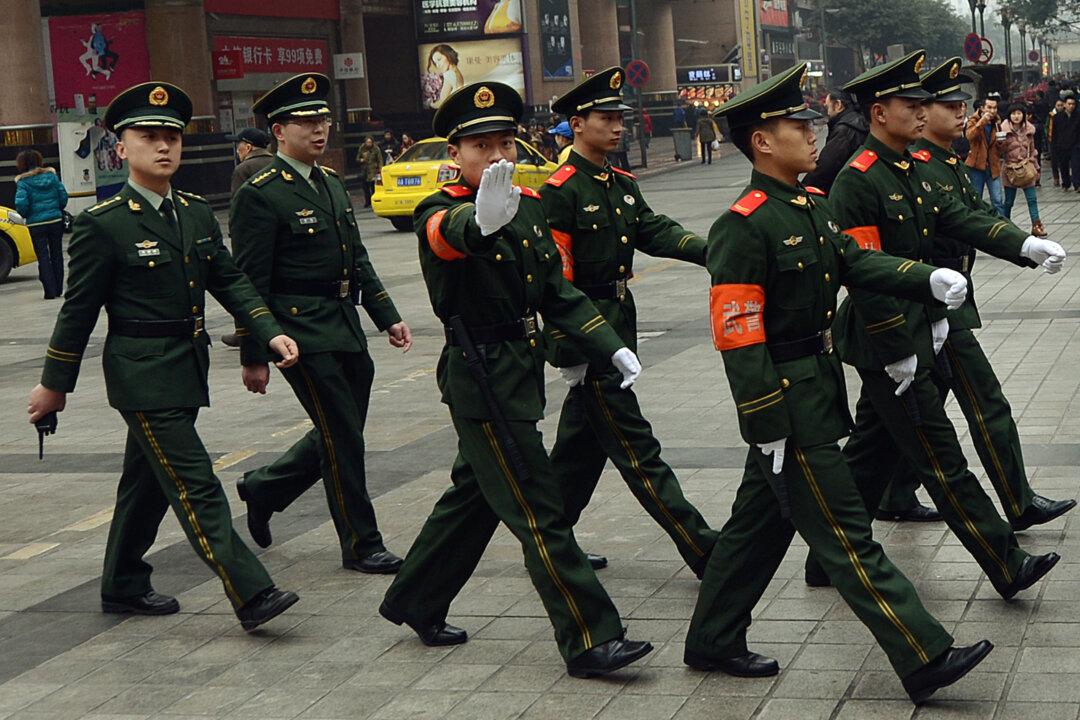The Chinese regime is accusing a Canadian, Kevin Garratt, of spying and stealing state secrets. According to Chinese state-run news outlet Xinhua, authorities announced on Jan. 28 that Garratt will stand trial in Dandong City in northeast China’s Liaoning Province.
It appears the Chinese regime is using the case to lessen international pressure about its own use of espionage.
When he and his wife, Julie Garratt—who was released on bail last year—were arrested in Dandong in August 2014, it was widely reported that the arrests were a tit-for-tat move related to espionage.
Just one week before Garratt and his wife were arrested, Canada’s Prime Minister Stephen Harper condemned the Chinese regime for supporting cyberspies who had hacked Canadian government computers and stolen information.
“Chinese authorities could be targeting them to send a message to Ottawa,” Vice News reported at the time, noting it was both the first time Canada had accused the Chinese regime of cyberespionage and the first time the Chinese regime had accused a Canadian citizen of stealing state secrets.
Just a day prior to Garratt’s indictment on Jan. 27, a spy case involving a Chinese national made headlines in the United States, which may be related to the indictment’s timing.





